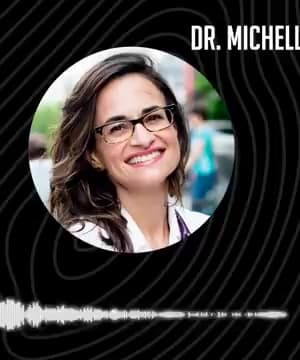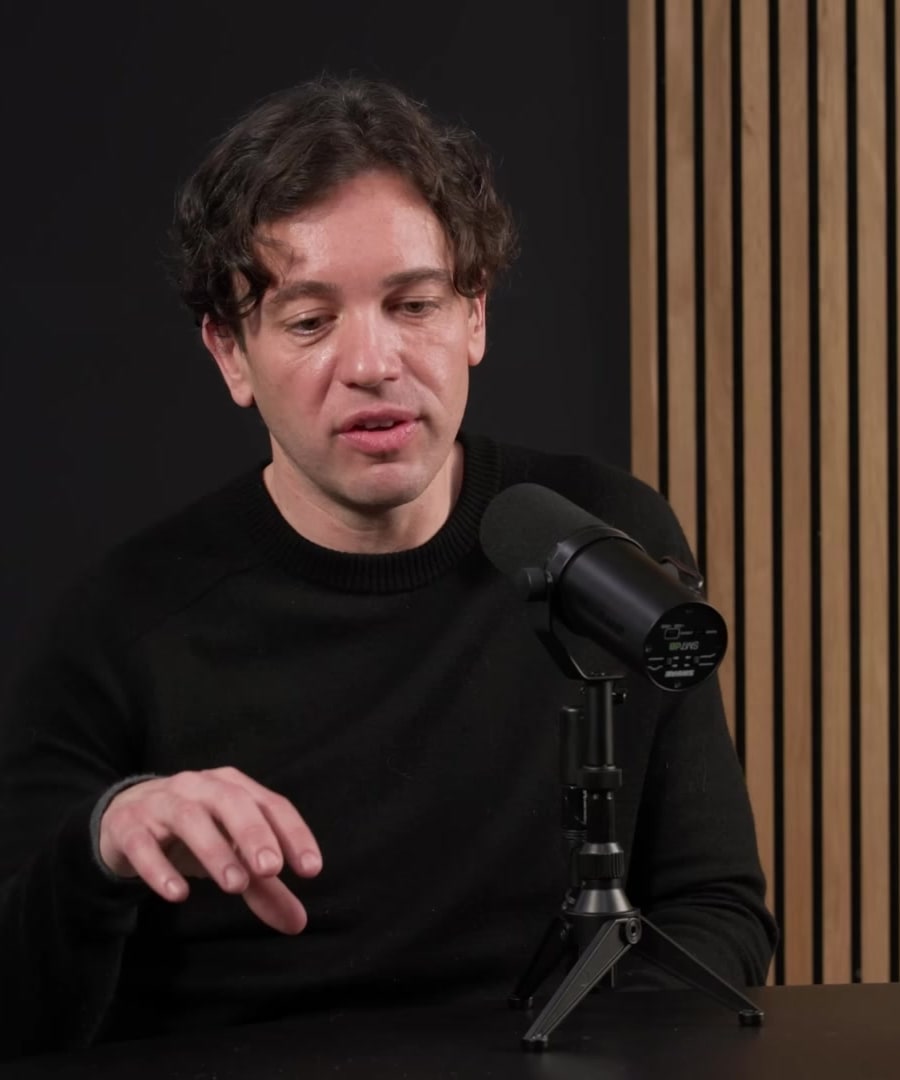Chat GPT
The Mind Pump Podcast is a health and fitness-focused show hosted by Justin Andrews, Adam Schafer, and Sal Di Stefano. The podcast explores a wide range of topics including nutrition, exercise, mental health, and personal development. They cover trends in fitness, debunk common health myths, and provide practical advice for improving health and well-being. Some notable guests on the show include Dr. Jordan Peterson, Shawn Stevenson, and Dr. Gabrielle Lyon.
For more insightful discussions, you can explore their episodes on topics like gut health, protein goals, and mental health.
:sid:
feed_8RELATED QUESTIONSI overeat processed food. How do I stop eating processed foods?
Sources:
To stop eating processed foods, the experts offer several strategies:
-
Identify Processed Foods: Understand what constitutes processed foods, such as refined carbohydrates and processed meats (e.g., hot dogs, cold cuts) 1.
-
Avoid Heavily Processed Foods: Simply avoid heavily processed foods without worrying about calorie counting. Instead, focus on eating whole and natural foods, which naturally help you consume fewer calories without feeling deprived 2 3.
-
Create Barriers: Make processed foods less accessible by not keeping them at home. Conversely, prep and keep healthy options ready and convenient. This creates natural barriers to impulsive eating of unhealthy foods 4 5.
-
Gradual Reduction: If eliminating processed foods all at once seems challenging, reduce gradually. For example, cut in half the number of processed items consumed weekly until they are significantly minimized or eliminated 6.
-
Emphasize Natural Forms: Aim to eat foods as close to their natural form as possible. This means favoring whole fruits, vegetables, and grains over their processed counterparts 1.
-
Awareness and Education: Recognize that processed foods are engineered to make you overeat. Understanding this can help motivate you to make better food choices 7.
Implementing these steps can gradually help you reduce and eventually eliminate processed foods from your diet.
RELATED QUESTIONS-
What are the benefits of eating whole foods?
Sources:
Eating whole foods offers several benefits according to experts:
-
Volume and Satiety: Whole foods are less energy-dense and take more energy to digest, which means you can consume larger volumes without consuming excessive calories. This helps regulate food intake and promotes satiety 1.
-
Nutrient Density: Whole foods naturally contain a variety of beneficial nutrients beyond macronutrients, such as vitamins, minerals, and fiber. For instance, consuming whole eggs instead of just egg whites results in higher rates of protein synthesis due to the additional nutrients found in whole eggs 2 3.
-
Reduced Overeating: Processed foods are often consumed faster and can promote overeating. Whole foods, rich in fiber and requiring more chewing, slow down the eating process, helping you feel full and reducing the likelihood of overeating 3.
-
Health Benefits: Whole foods, especially plant-based ones, can lower cholesterol, reduce inflammation, and provide essential nutrients like potassium, magnesium, and phytosterols. These benefits contribute to overall health, including reduced risks of heart disease, type 2 diabetes, and certain cancers 4 5.
-
Sustainable Weight Management: Eating a diet rich in whole foods can help maintain a healthy weight without the need for calorie restriction. This is because whole foods naturally regulate hunger cues and support overall metabolic health 6.
-
Improved Digestion: Whole foods contain dietary fiber, which is crucial for digestive health. Fiber aids in proper digestion and absorption of nutrients, preventing issues like bloating and gas, and supporting gut health 7.
By focusing on consuming whole foods, you integrate various health benefits that can enhance overall well-being and promote a sustainable and healthy lifestyle.
RELATED QUESTIONS-










